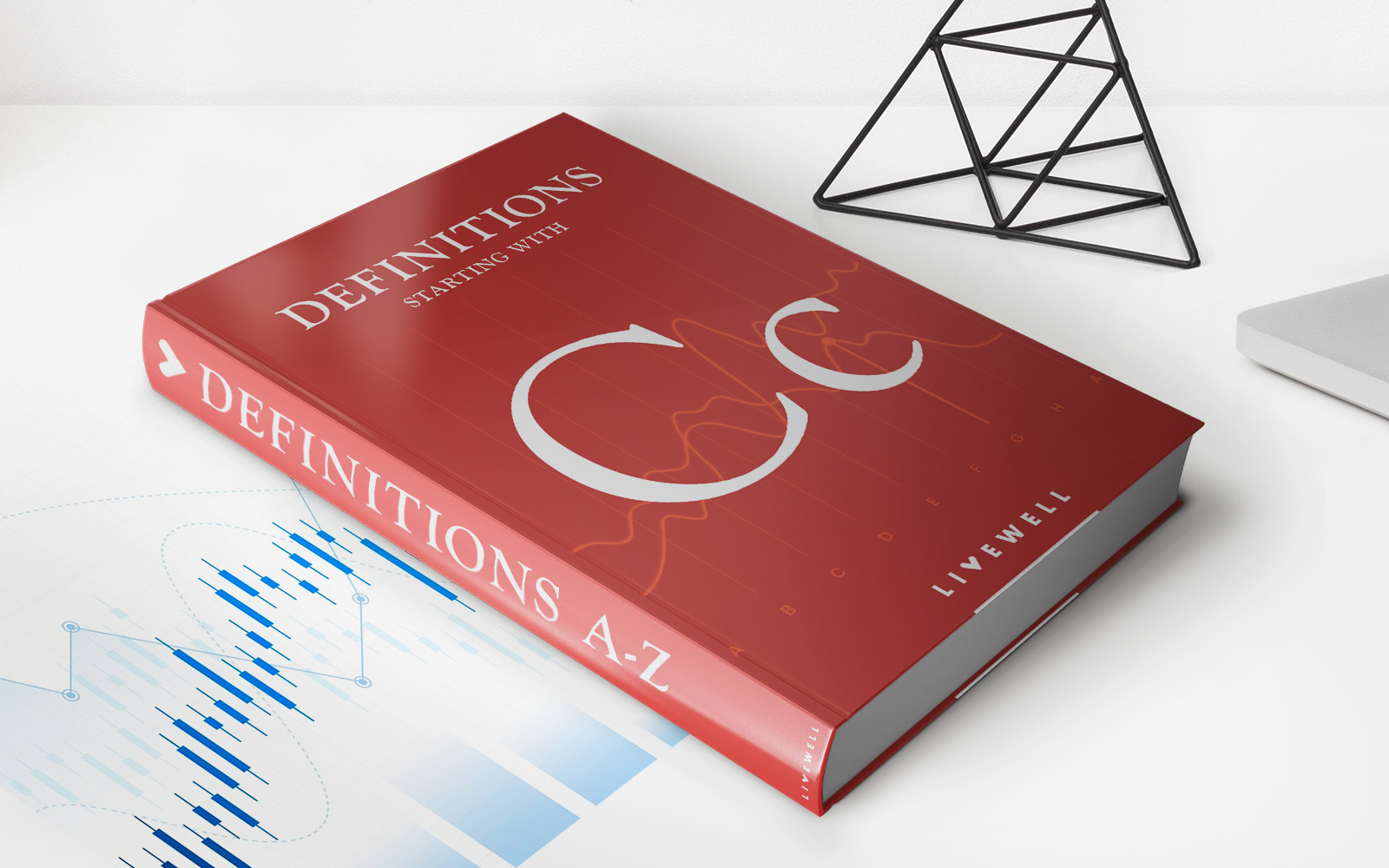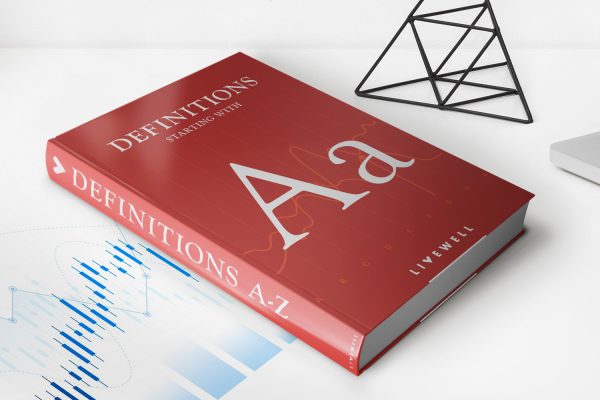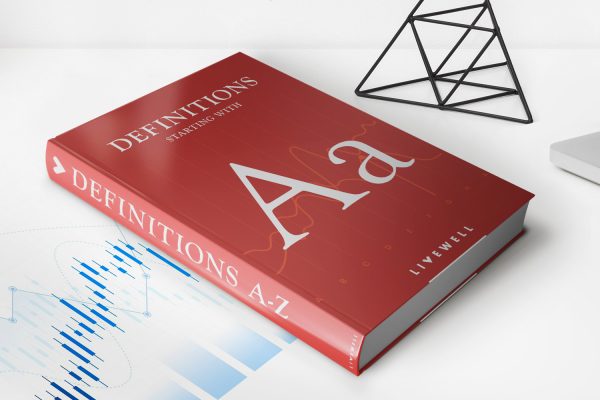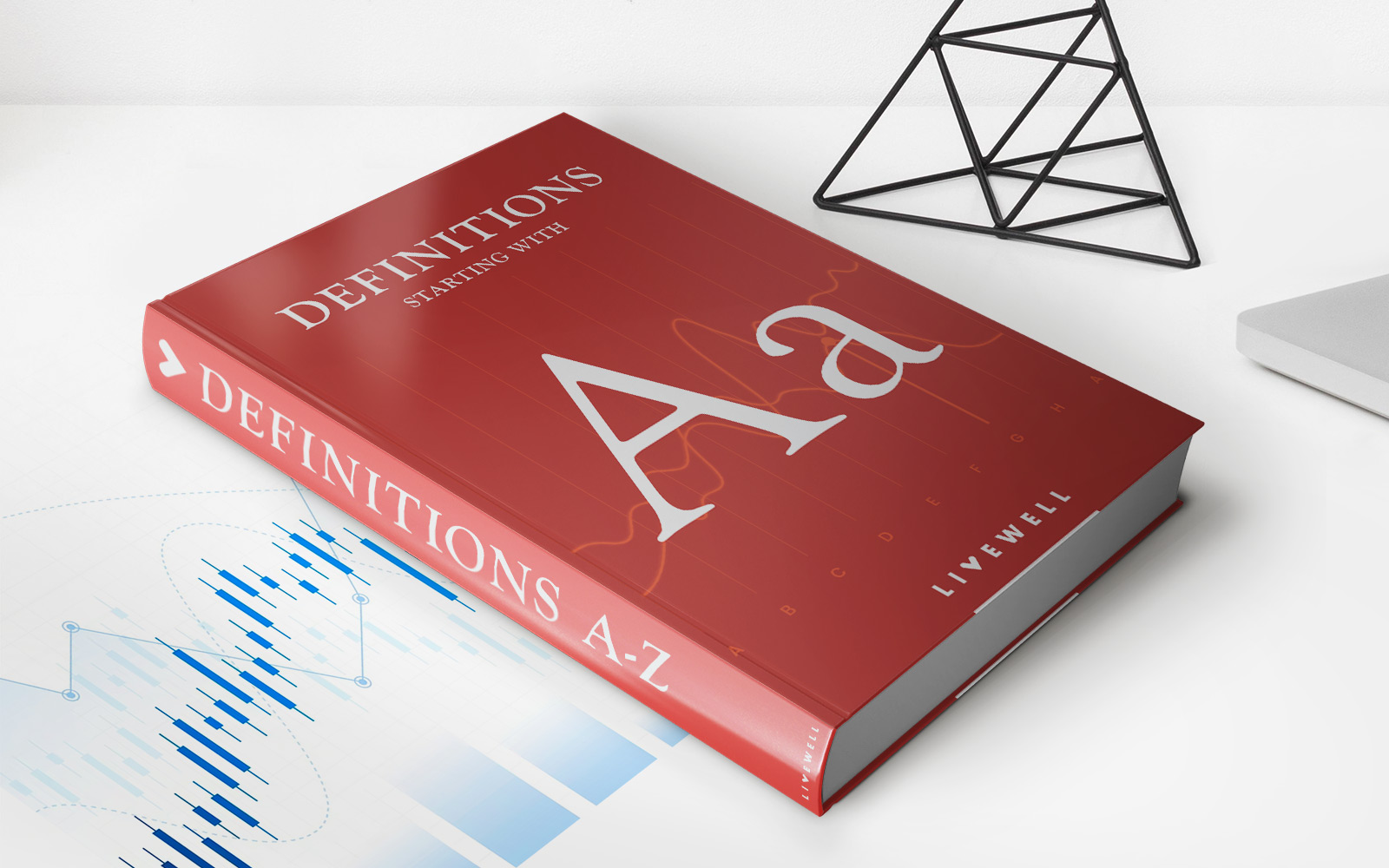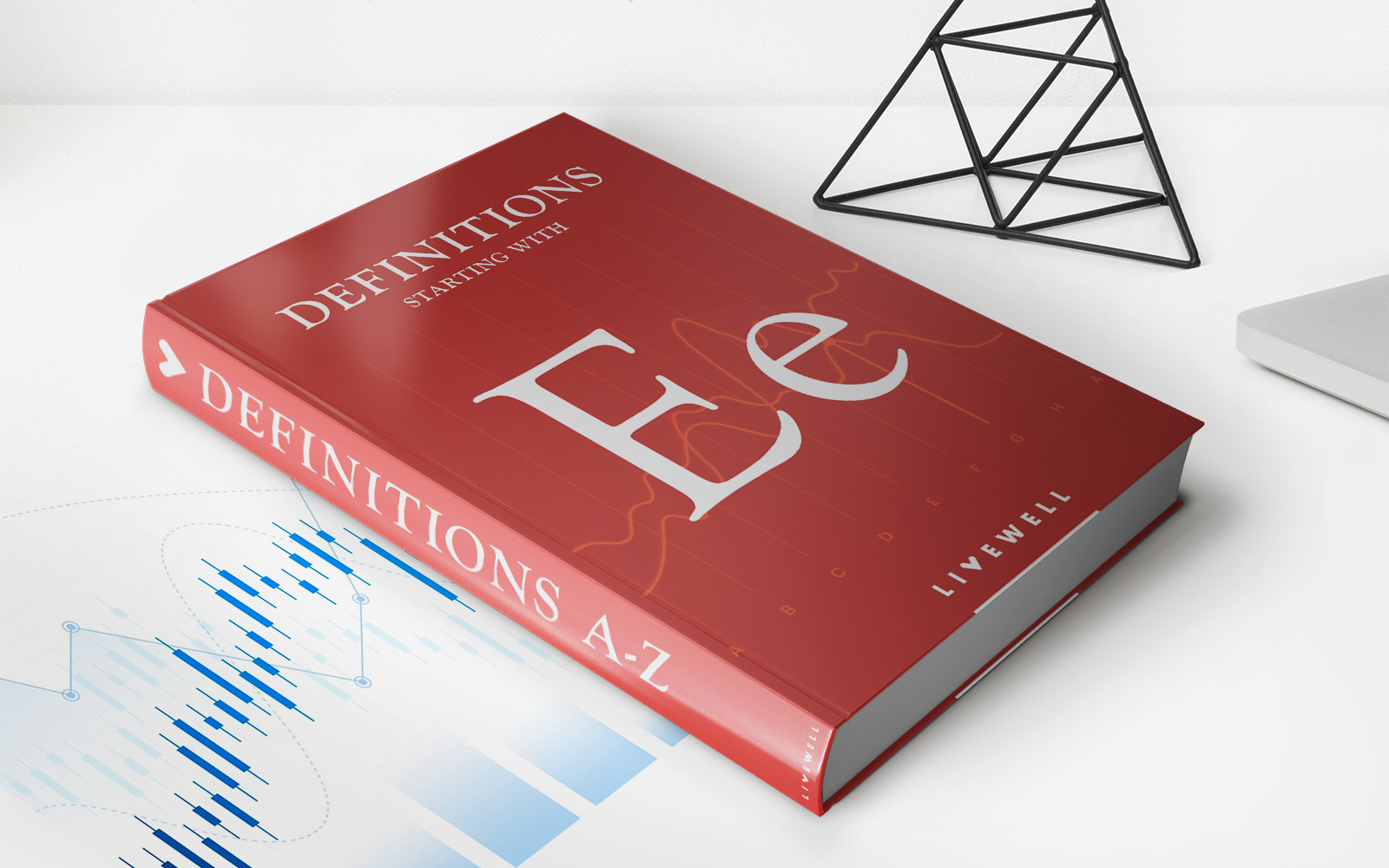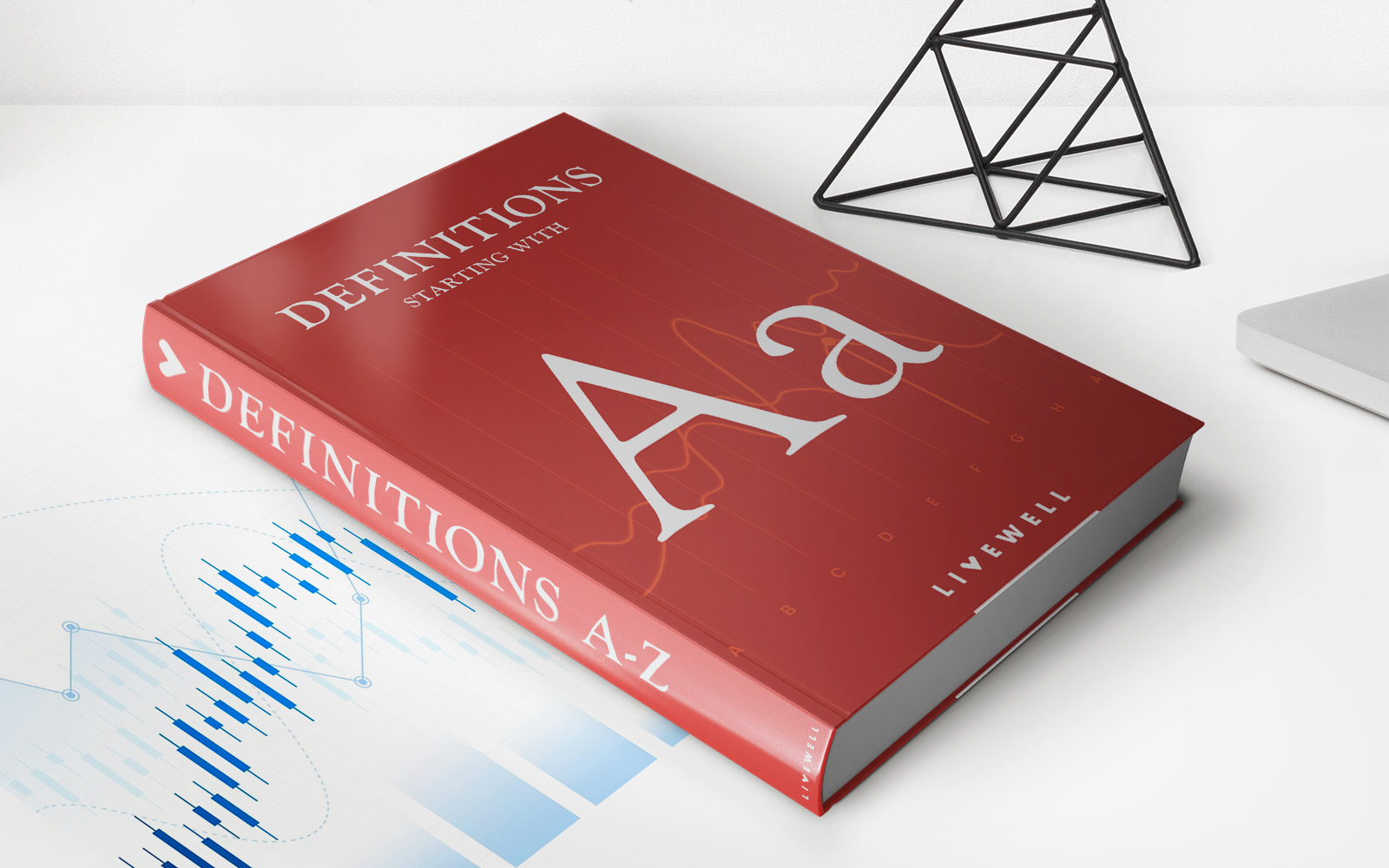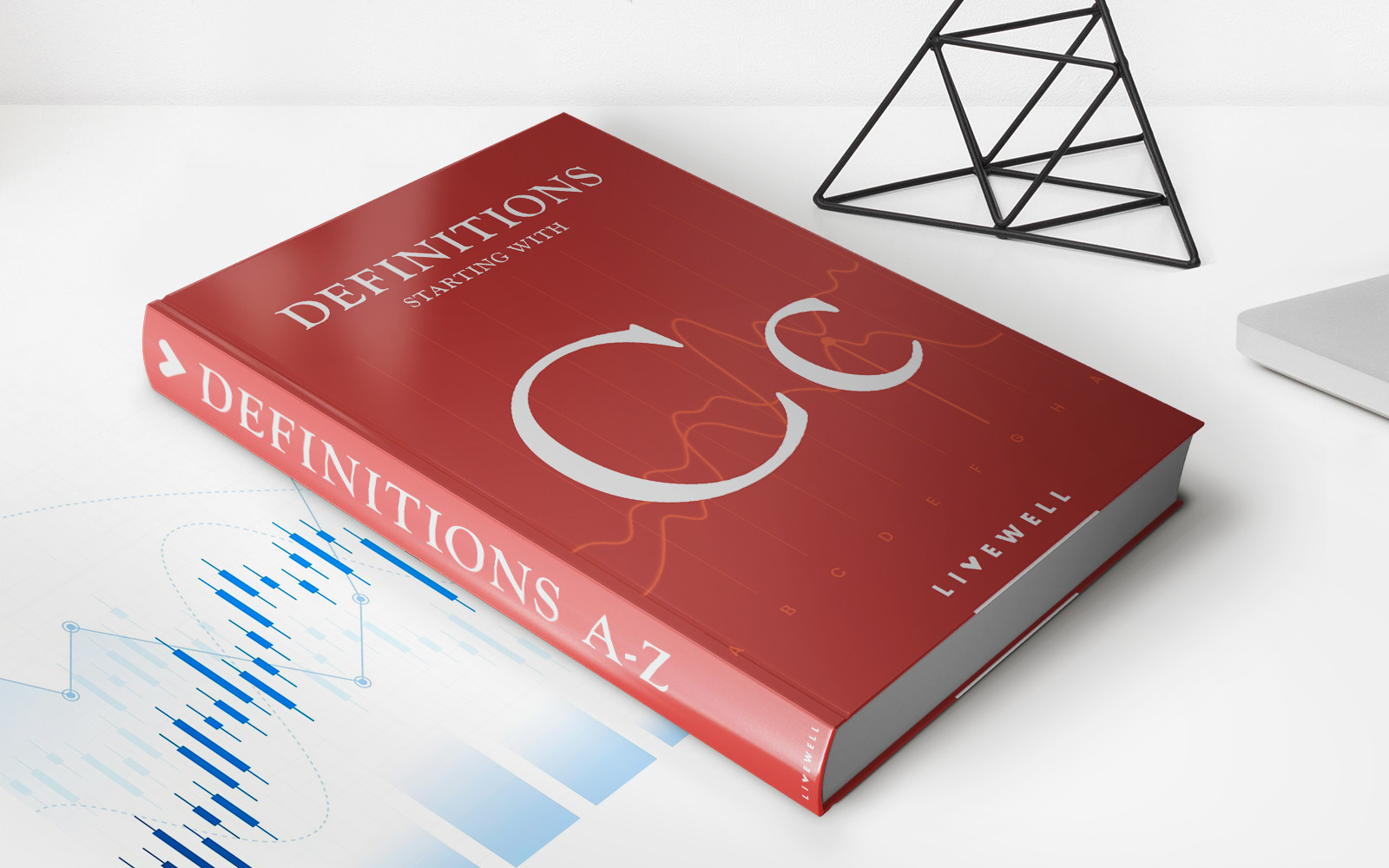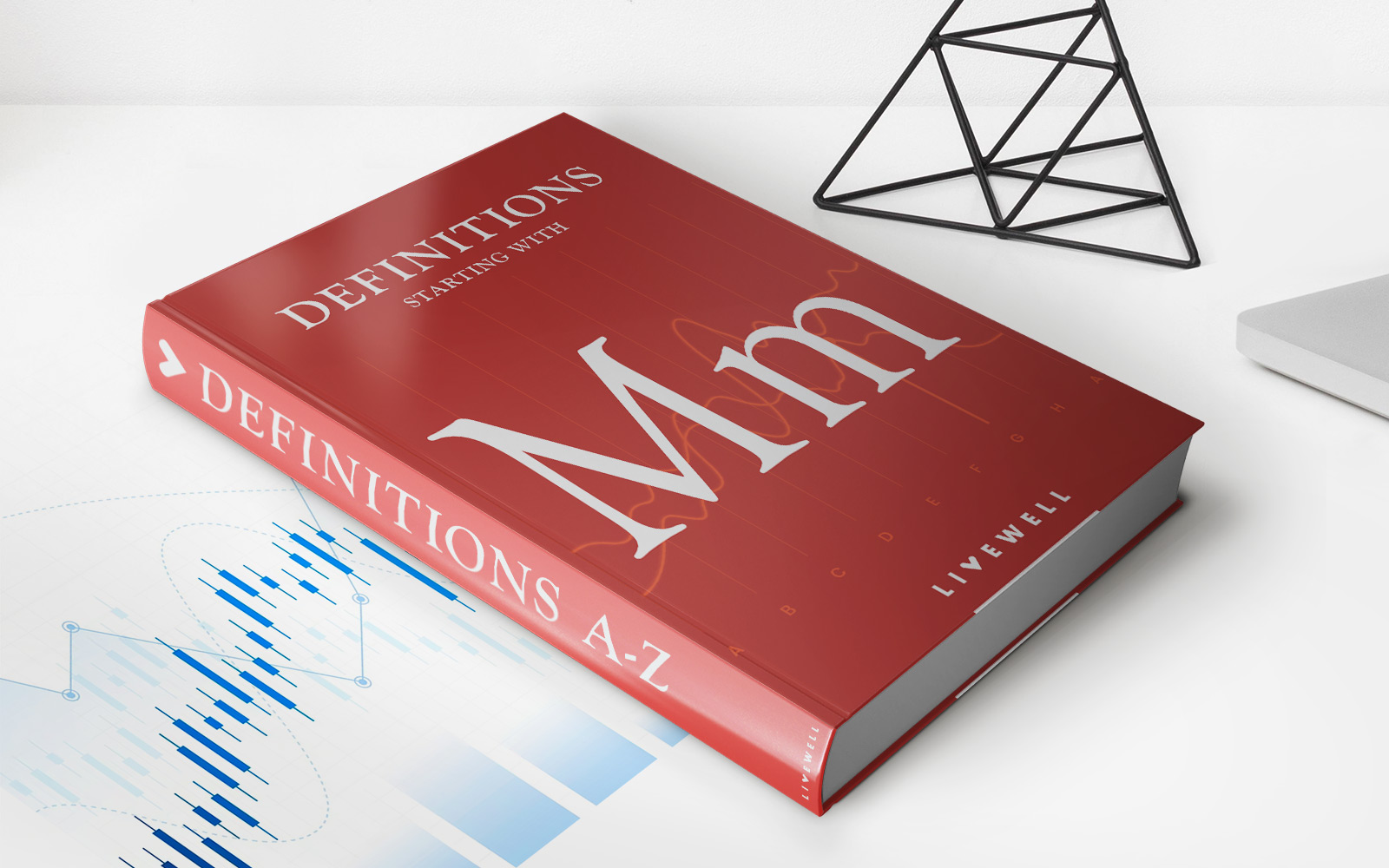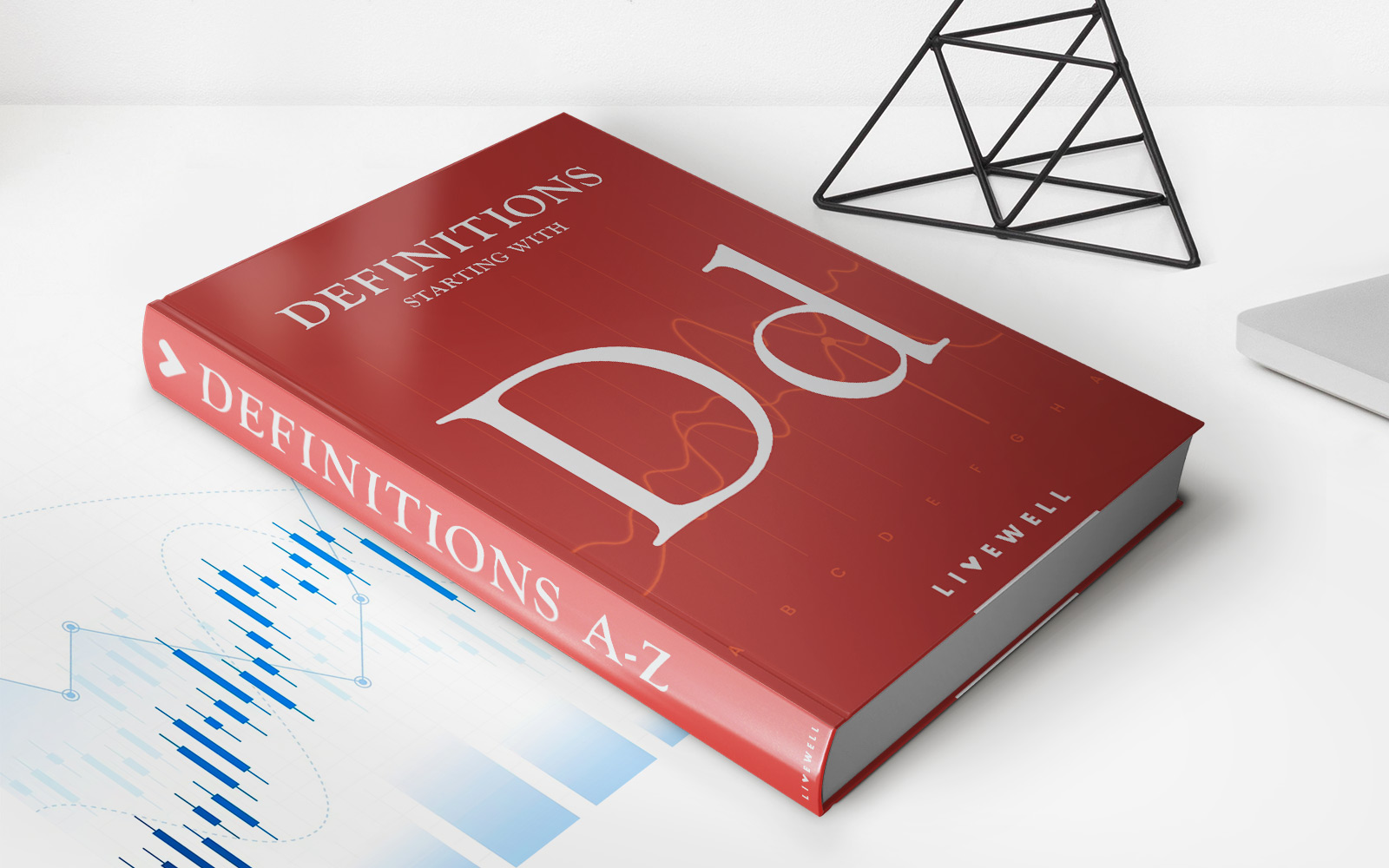Home>Finance>What Are Accounting Methods? Definition, Types, And Example
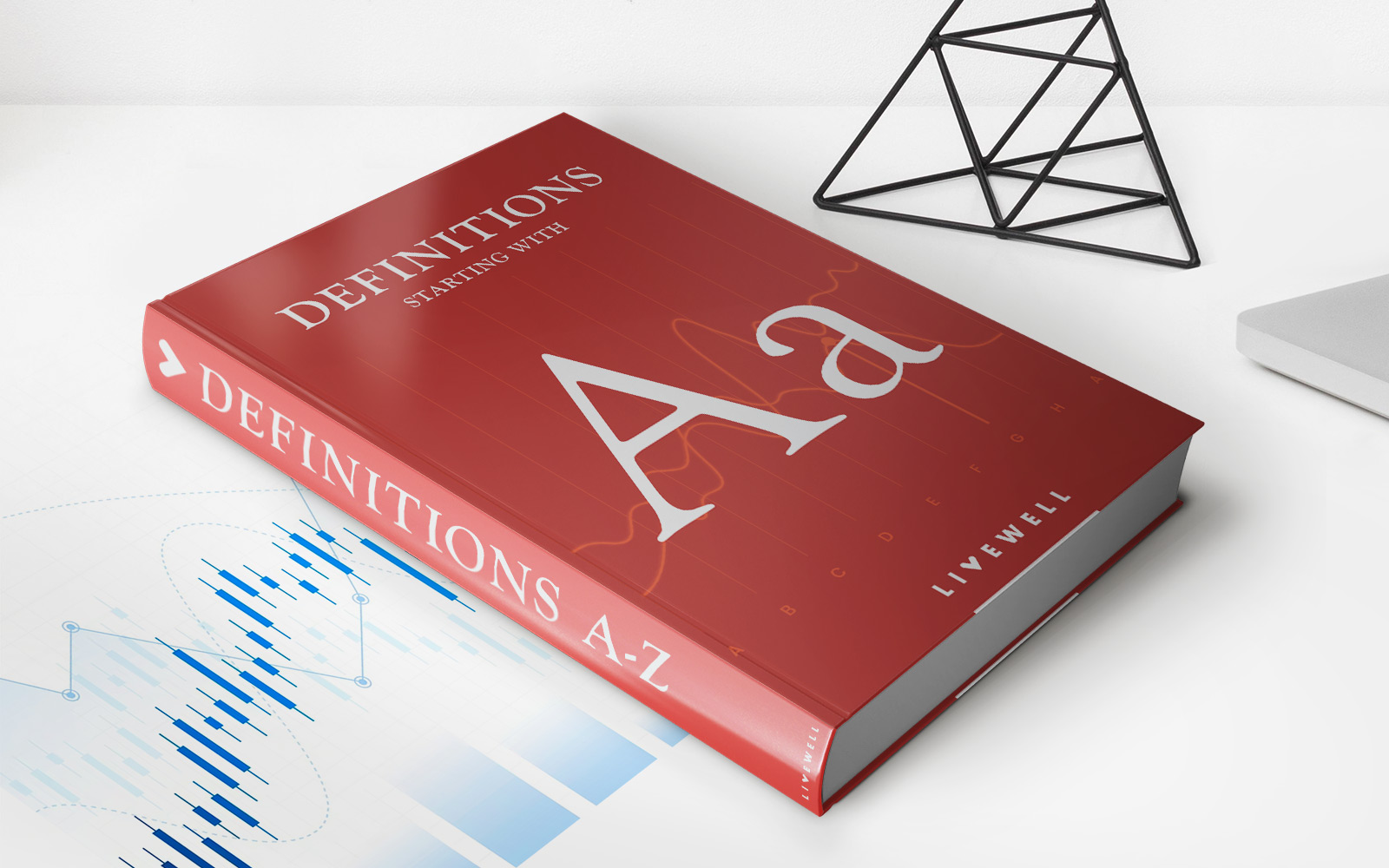

Finance
What Are Accounting Methods? Definition, Types, And Example
Published: September 27, 2023
Learn about accounting methods in finance, including its definition, types, and real-life examples. Master the fundamentals of finance with this comprehensive guide.
(Many of the links in this article redirect to a specific reviewed product. Your purchase of these products through affiliate links helps to generate commission for LiveWell, at no extra cost. Learn more)
What Are Accounting Methods? Definition, Types, and Example
Welcome to our FINANCE category blog post, where we explore various aspects of managing your finances. Today, we’ll dive into the world of accounting methods. If you’ve ever wondered how businesses keep track of their financial transactions, you’re in the right place. In this blog post, we’ll define accounting methods, discuss the different types, and provide an example to help you understand this fundamental aspect of financial management.
Key Takeaways:
- Accounting methods are sets of rules and procedures that businesses use to record and report their financial transactions.
- There are two main types of accounting methods: cash basis and accrual basis.
What Are Accounting Methods?
Accounting methods are the standardized procedures businesses follow to record and report their financial transactions. These methods provide a structure and framework for accurately documenting income, expenses, assets, and liabilities. By implementing accounting methods, businesses can ensure consistency, transparency, and compliance with financial reporting standards.
The Two Main Types of Accounting Methods
Now let’s explore the two main types of accounting methods: cash basis and accrual basis. While both methods serve the same purpose, they differ in terms of when transactions are recorded.
1. Cash Basis Accounting:
- In cash basis accounting, transactions are recorded when cash changes hands.
- This method is straightforward and suitable for small businesses or individuals who do not have complex financial transactions.
- For example, if a company sells a product and receives payment in cash, the revenue is recorded immediately. Expenses are also recorded when cash is paid out, such as paying for supplies or services.
2. Accrual Basis Accounting:
- Accrual basis accounting records transactions when they occur, regardless of when cash is exchanged.
- This method provides a more accurate representation of a company’s financial performance over a specific period.
- For example, if a company delivers goods to a customer but hasn’t received the payment yet, the revenue is still recorded because the transaction has taken place. Similarly, expenses are recorded when they are incurred, regardless of when the payment is made.
Example of Accounting Methods in Action
Let’s say you run a small retail business, and you sell a product to a customer on January 1, 2022. The customer pays for the product on February 1, 2022. Here’s how this transaction would be recorded using both cash basis and accrual basis accounting methods:
Cash Basis Accounting:
- No revenue is recorded on January 1, 2022, because no cash has been received.
- The revenue of the sale is recorded on February 1, 2022, when the cash is received.
Accrual Basis Accounting:
- The revenue of the sale is recorded on January 1, 2022, when the transaction occurs.
- No additional recording is required on February 1, 2022, as there is no impact on revenue.
As you can see, the timing of recording revenue differs between the two accounting methods. Cash basis accounting only recognizes revenue when cash is received, while accrual basis accounting recognizes revenue when the transaction occurs, regardless of when cash is exchanged.
Understanding accounting methods is crucial for businesses to accurately track their financial transactions and report their financial performance. By implementing the appropriate accounting method based on their needs and complexity, businesses can make informed decisions and maintain reliable financial records.
We hope this blog post has provided you with a clear definition of accounting methods and a better understanding of their types and example. Remember, whether you choose cash basis or accrual basis accounting, consistency is key to maintaining accurate financial records for your business!
